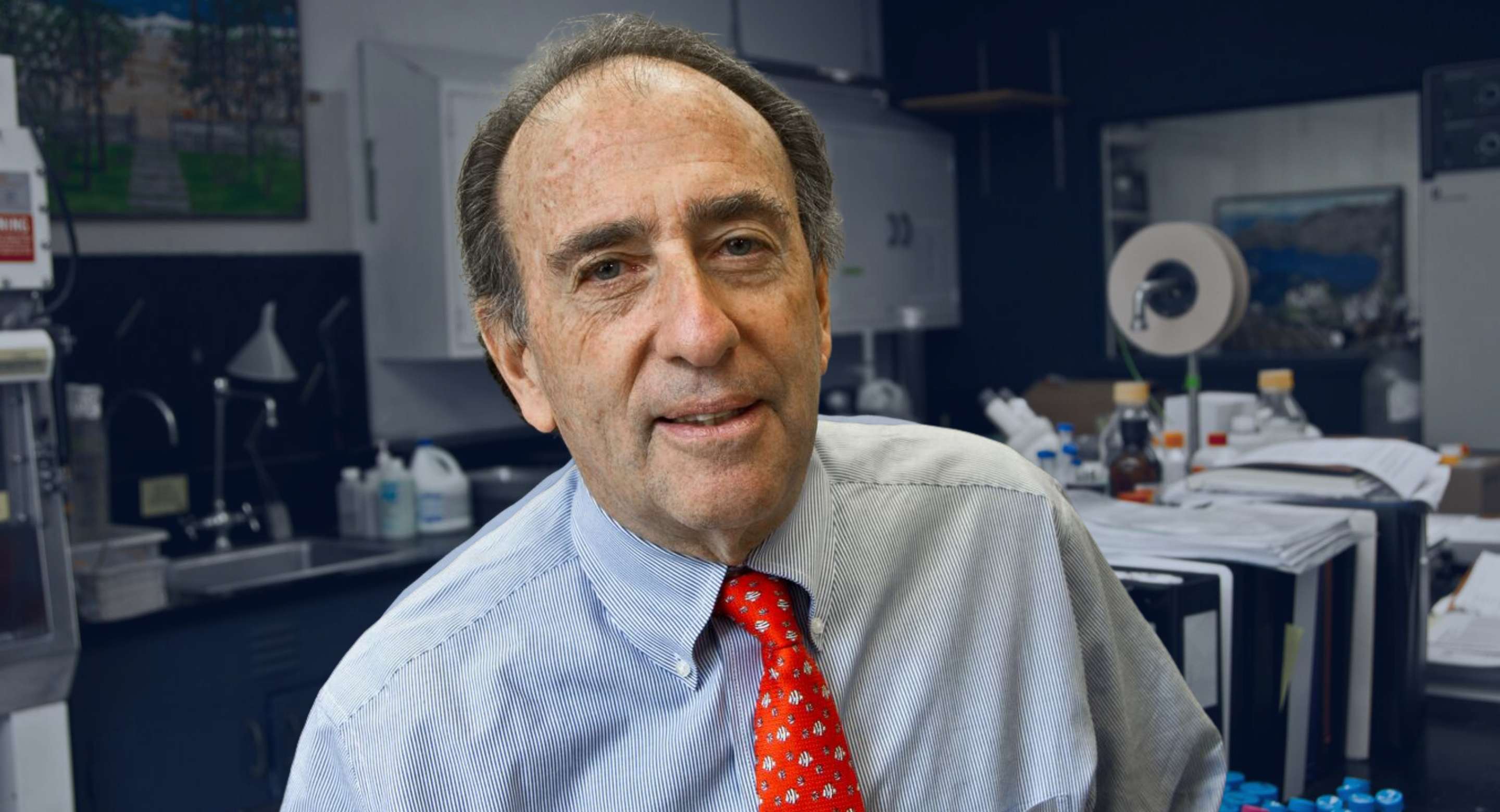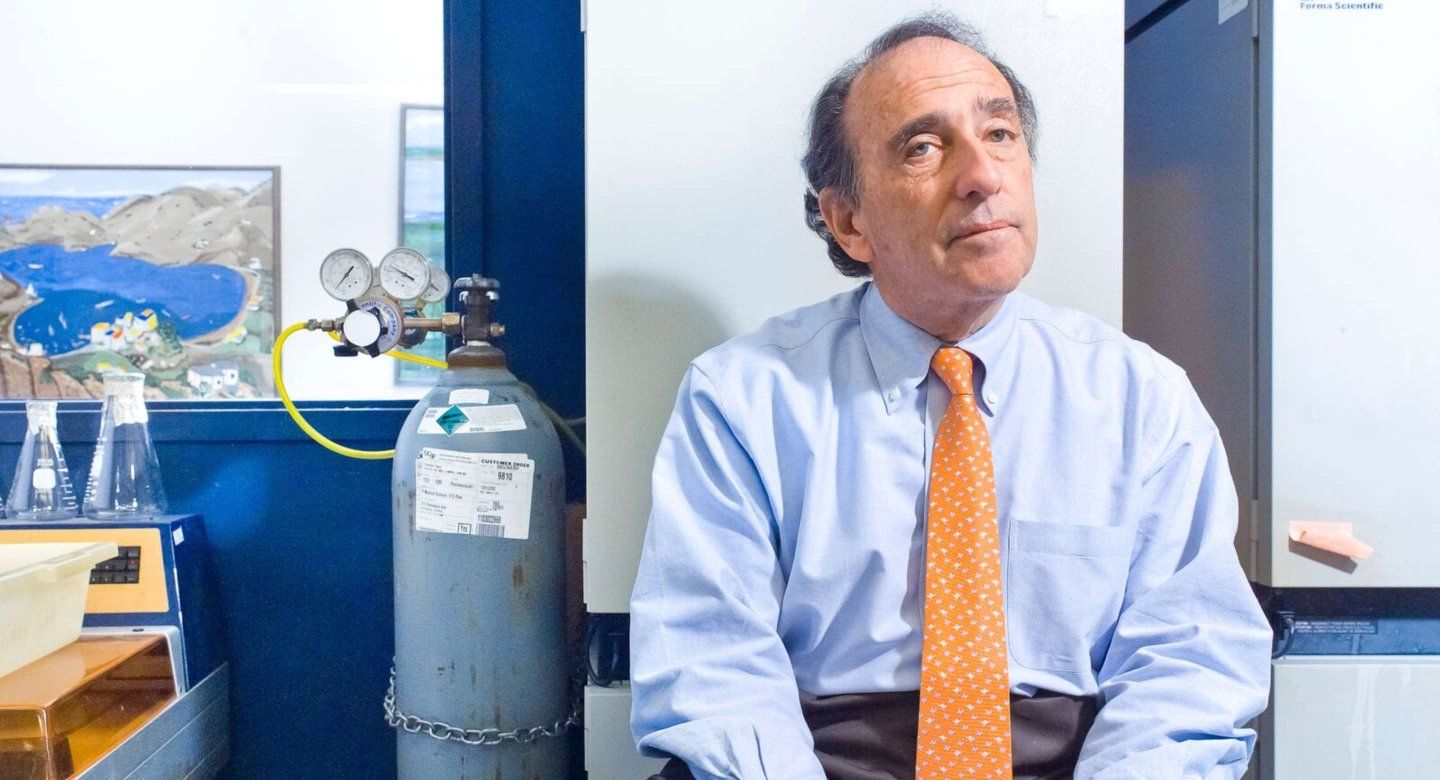Pioneering HIV Researcher Donates ‘Important’ Career Collection to UCSF
August 1981 was a transformative month for Jay Levy, MD.
It was then that Levy, now a UCSF Department of Medicine emeritus professor, became inextricably and professionally linked with HIV/AIDS when a colleague called his lab to ask for advice on a patient with a mysterious condition. The call came from Paul Volberding, MD, a young San Francisco General Hospital and Trauma Center physician who had just finished a post-doctoral fellowship with Levy.
Volberding was treating one of the first of many who would develop the chronic immune system disease AIDS.
Two years later, Levy's lab was one of the first to isolate the virus eventually confirmed as the cause of AIDS in 1983.
Almost four decades later, the physician and scientist would again find himself at the forefront of a viral wave when the COVID-19 pandemic swept the world.
“With HIV, there was such fear,” he said. “With coronavirus, it became a situation where people wanted to resist it and it was very difficult to promote prevention, such as wearing masks and distancing. These diseases were totally different.”
It’s not an understatement to say that Levy’s work is part of public health history.
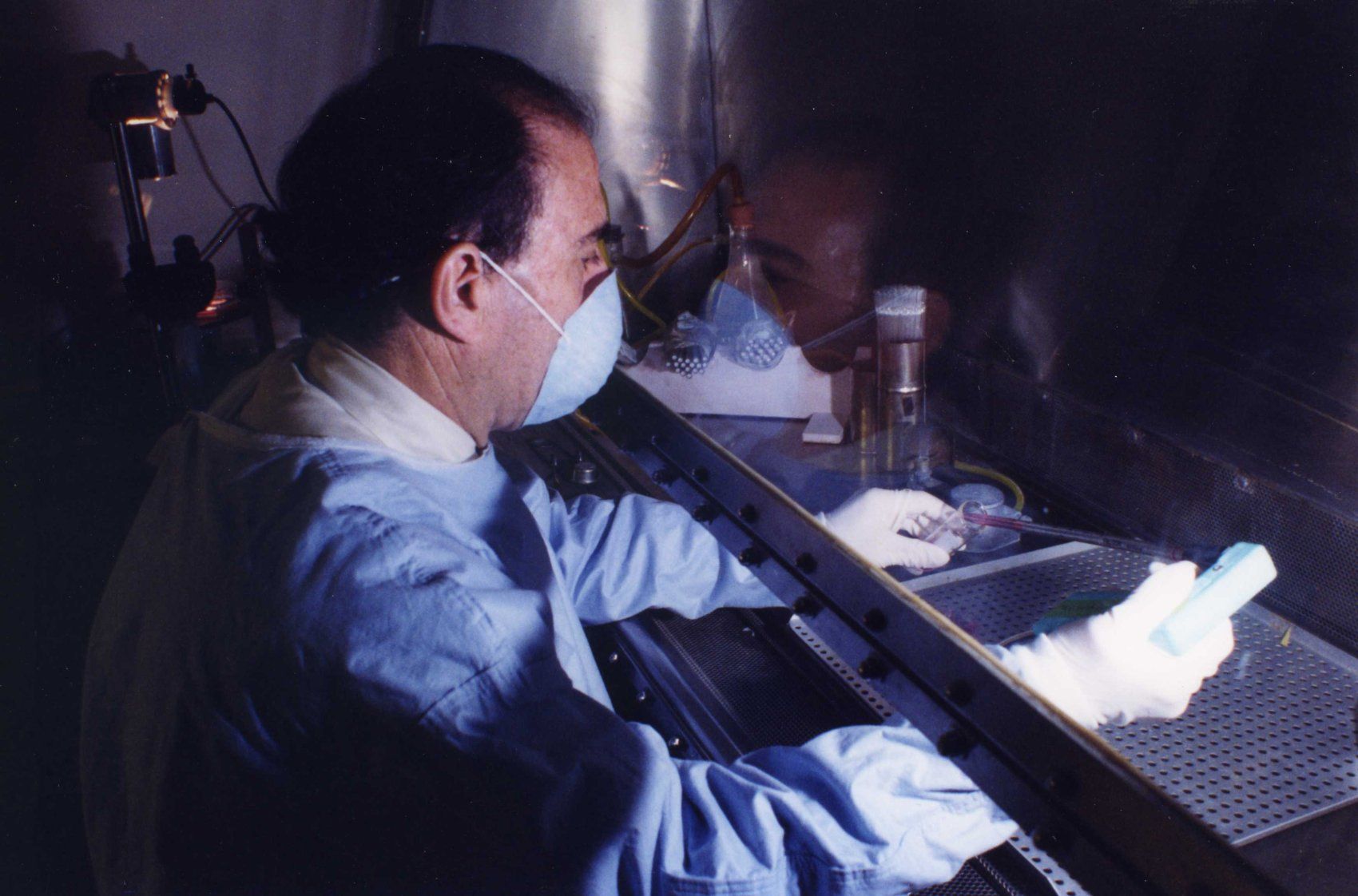
Jay Levy, MD, deeply engaged in his early research, in an undated photo. Photo courtesy of UCSF Archives
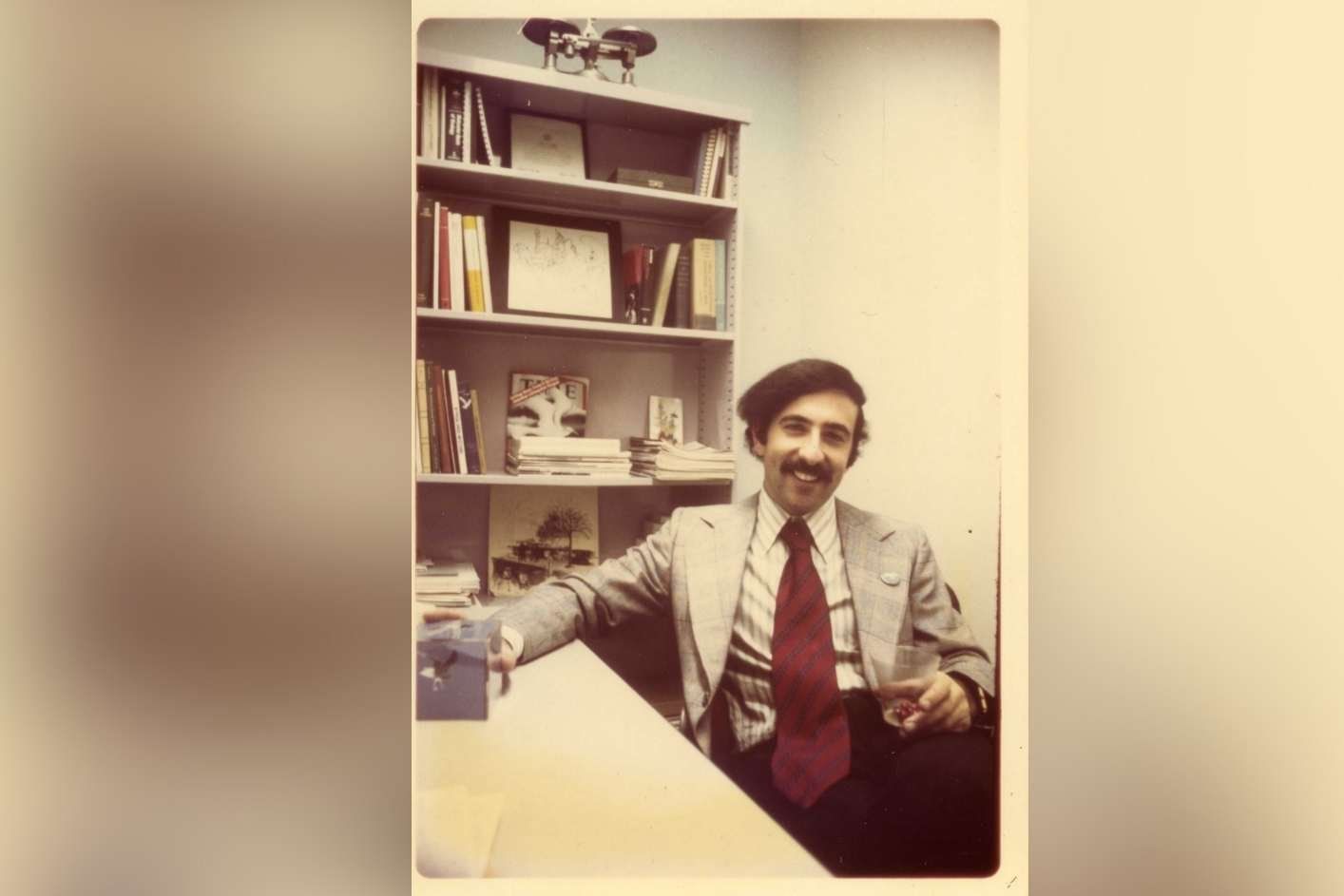
Jay Levy, MD, at the opening of his new laboratory at UCSF in December 1972. Photo courtesy of UCSF Archives
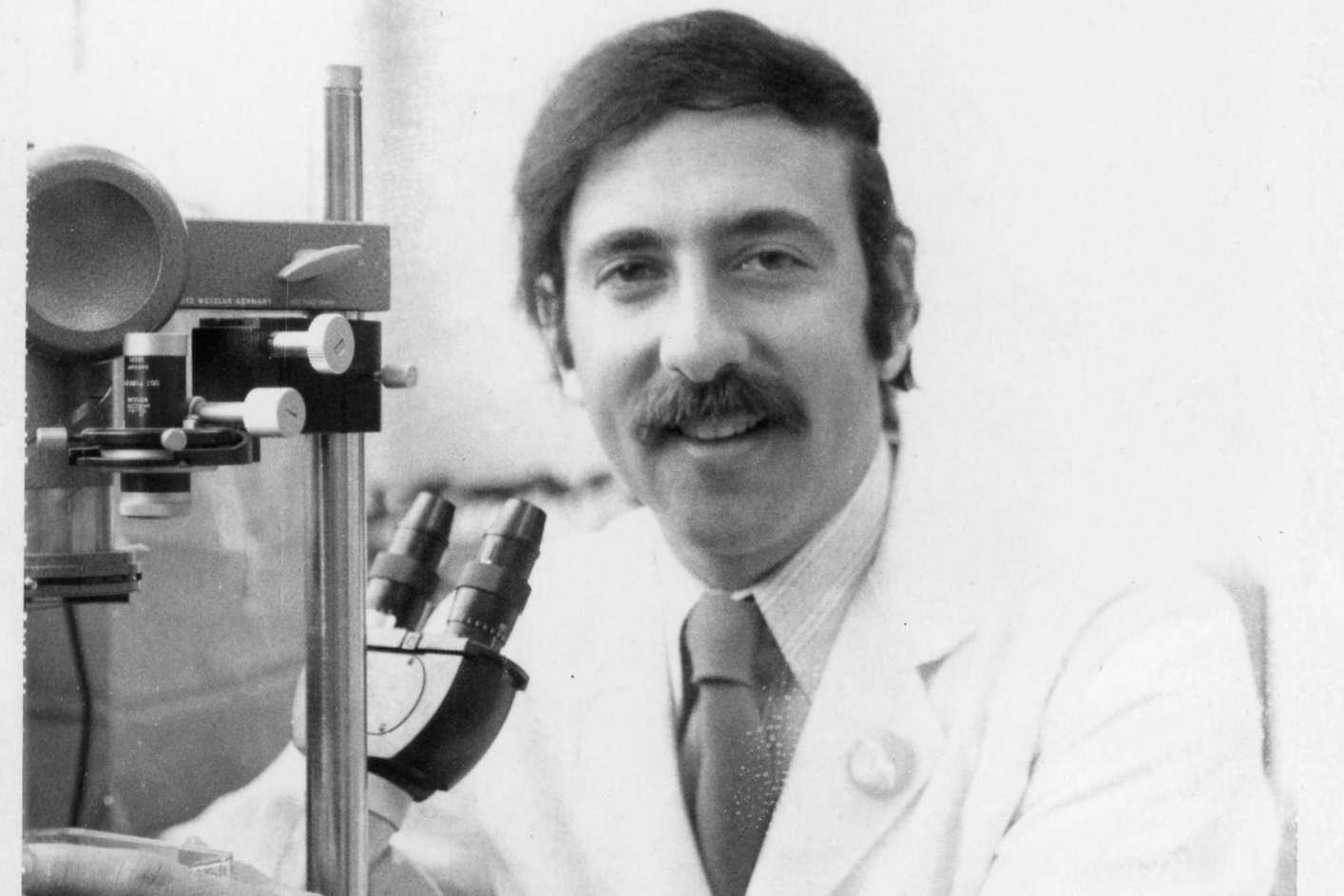
A young Jay Levy, MD, around 1974, a few years ahead of his groundbreaking contributions to HIV/AIDS research. Photo courtesy of UCSF Archives
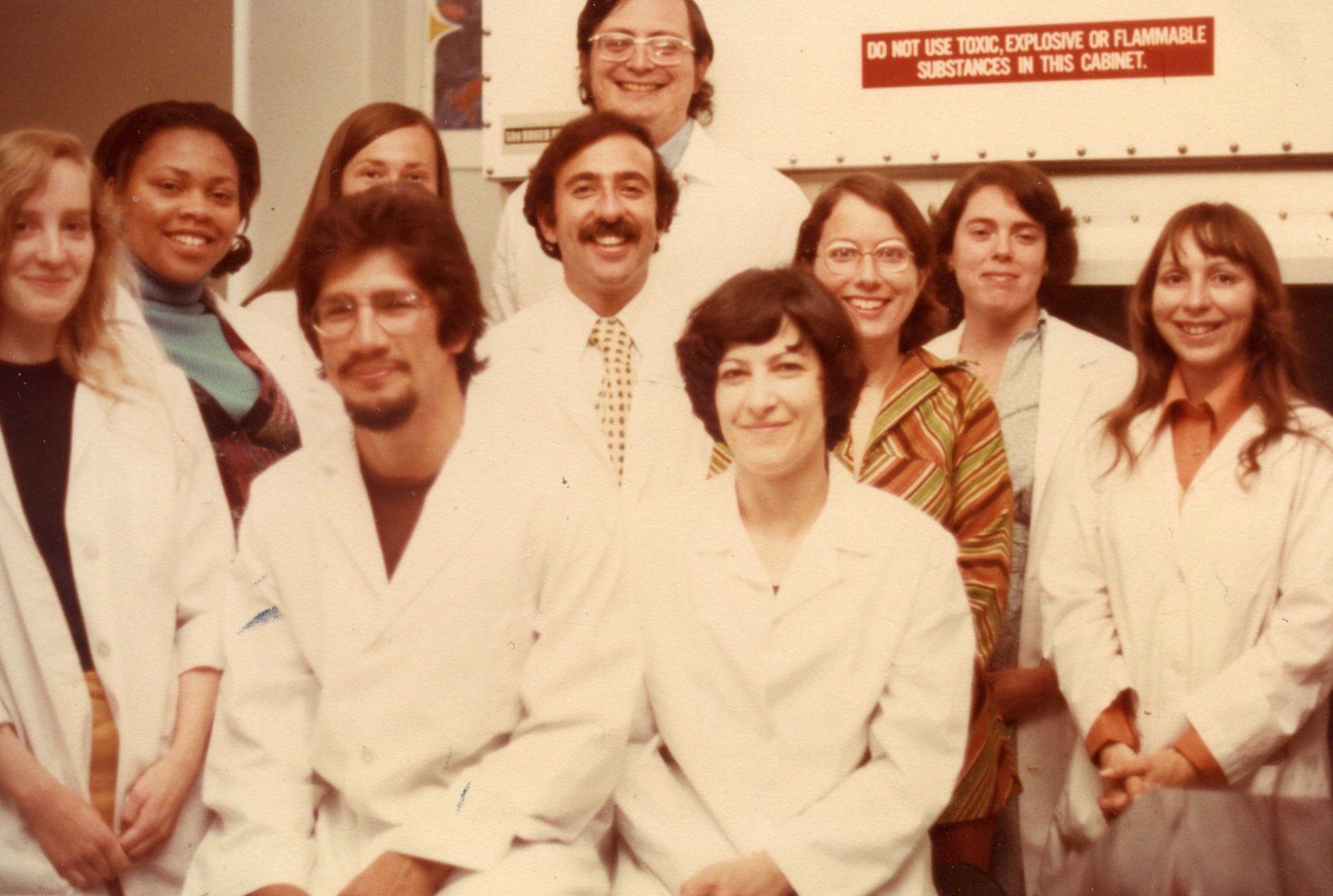
Jay Levy, MD, (center) with his dedicated lab team in 1976. Photo courtesy of UCSF Archives
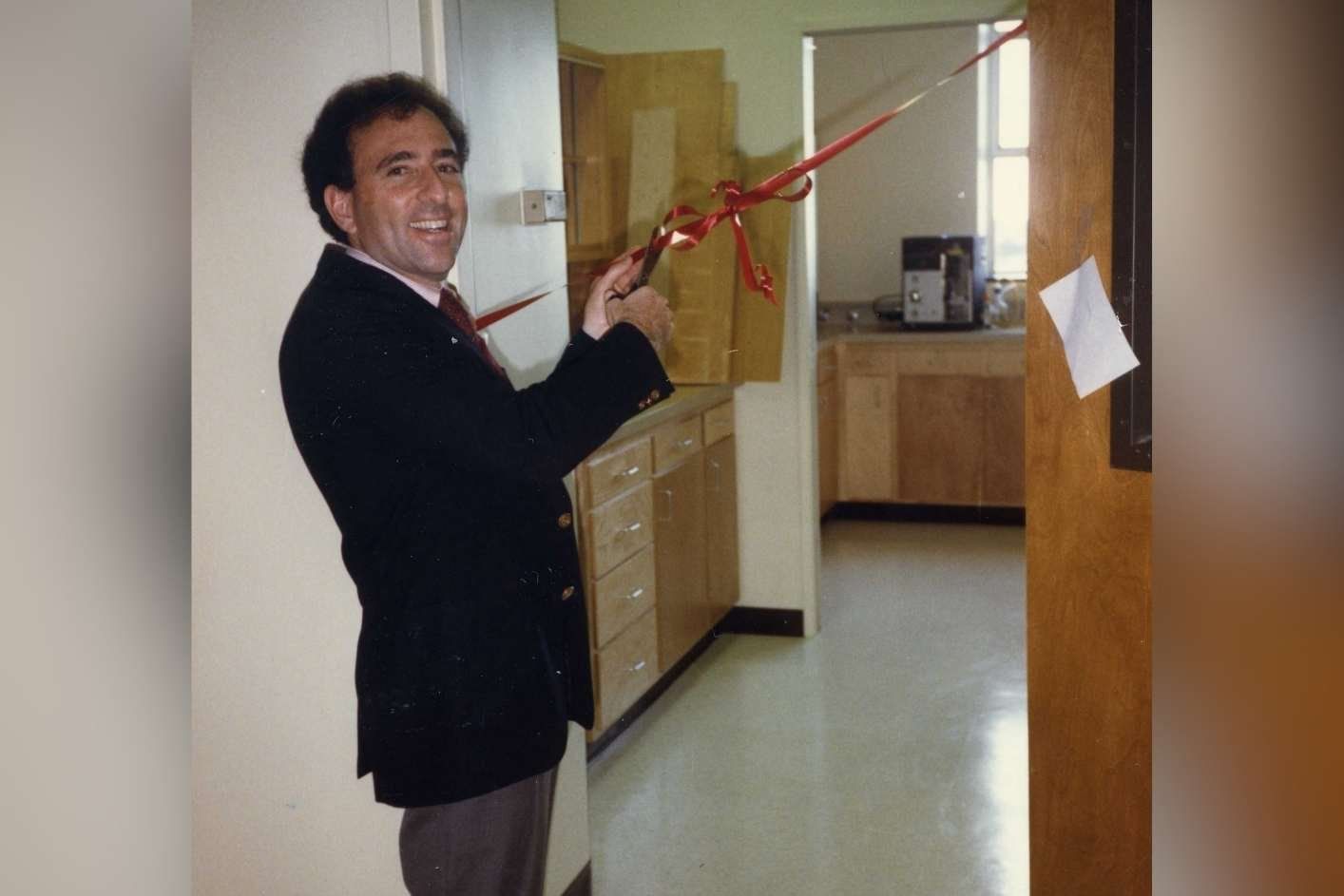
By November 1984, Jay Levy, MD, had gained significant recognition because of his research, leading to the expansion of his laboratory at UCSF. Photo courtesy of UCSF Archives
Now, for the first time, researchers, learners and the general public will have the opportunity to access Levy’s entire collection of documents and media as it enters the UCSF Archives and Special Collections at the Kalmanovitz Library at Parnassus Heights.
“It’s been helpful to me because I didn’t know what to do with all of it,” Levy laughed.
The collection – an incredible 87 linear feet worth of material – dates back to 1964 and includes such invaluable items as lab notebooks, videotapes, cassettes, handwritten notes, posters, international correspondence and awards. The items fill 30 archival cartons worth of virology research collected over the course of Levy’s illustrious career.
“We sent him archival cartons so that they were packaged safely,” said Edith Escobedo, a processing archivist in Archives and Special Collections. “They brought in a total of 70 cartons with about 2,000 pages in each carton.”
It’s amazing just looking at the research and realizing how much it would help researchers in the coming years.”
Escobedo, who also has processed collections from the late world-renowned AIDS researcher John Greenspan, BDS, PhD, and science journalist and author Laurie Garrett, said materials on HIV/AIDS are one of the biggest attractions for researchers who visit the UCSF archives. “It’s mainly because we were at the epicenter when it all started,” she said. “That’s why we have so many collections because people see us as the institution where HIV research started, so they want us to preserve that history and have that research.”
Levy’s materials cover the gamut of topics across virology before the epidemic.
But once the timeline gets to 1981, most all of his papers and notes are on HIV/AIDS research. “It’s amazing just looking at the research and realizing how much it would help researchers in the coming years,” Escobedo said. “I can’t believe we have that.”
While skepticism reigned in the early days of the virus, the collection will lay bare the challenges and victories Levy and his colleagues experienced along the way.
“In some ways, I felt UCSF led the way because it was a major disease that hit San Francisco,” Levy said. “We became a center. If anyone wanted to know anything about HIV/AIDS, they came here. I had visitors from Russia, the Middle East and all over that wanted to learn about the virus. In general, it’s not only my part, but everyone’s part.”
The Levy collection, which will not be digitized due to patient privacy issues, can be searched using a finding aid available to researchers. Any patient information in the notes will be restricted.
“He had a big impact on this field,” Escobedo added. “It’s essential to have because we are preserving Dr. Levy’s HIV/AIDS research at a point in time when there wasn’t much research related to HIV/AIDS.”
UCSF’s Archives and Special Collections has played a key role in preserving documentation from the HIV/AIDS epidemic, first initiating the AIDS History Project in 1987.
